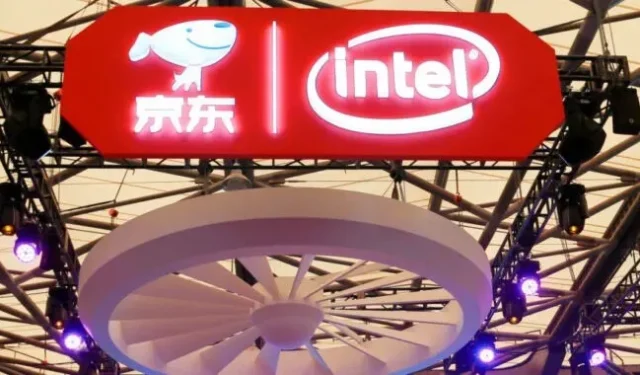Intel apologizes for Xinjiang component ban

Intel has apologized for banning components from Xinjiang in response to Chinese nationalist media attacks on politics, becoming the latest multinational to be embroiled in China’s battle with the US over human rights issues.
The episode quickly became one of the hottest topics on the Internet in China, as netizens on Twitter such as Weibo called on the government to impose fines and other penalties on Intel.
The controversy erupted after Intel sent a letter to vendors at the end of the year stating that components made in China’s northwestern Xinjiang region should not be used in its chips. The message caught the attention of the Guancha nationalist media.
In a Chinese-language social media post, Intel said it wanted to “clarify”that the ban was only in place to comply with U.S. law and not “its own intentions or positions.”
“We apologize for the inconvenience caused to our valued Chinese customers, partners and the public,”Intel added.
The statement was popular on Weibo and had been viewed 190 million times by Thursday afternoon.
As tensions mount between the West and China, it’s becoming harder for multinational corporations to avoid politics as Beijing’s “re-education”of a million Uyghur Muslims in its western region of Xinjiang is a particular flashpoint.
State media is stoking nationalist opposition to brands like Nike and H&M that have raised concerns about Xinjiang or pledged to eliminate the region’s forced labor from their supply chains.
Intel told the Financial Times that its Chinese statement is intended to “address concerns raised by our stakeholders about how we communicate certain legal requirements and policies to our global supplier network.”He added that he would continue to comply with US laws.
“This company has to comply with American laws but still wants to make money in China, we cannot replace them at the moment, but we can fine them,” one Weibo commenter said. “Let’s fine them billions and use the money for R&D.”
Last year, Intel generated a quarter of its revenue from customers in China, and the country has more than 10,000 employees. The company recently decided to scale back its operations in China by selling its memory chip plant to a South Korean chipmaker.
The Chinese nationalist tabloid Global Times accused Intel of “biting the hand that feeds it.”“What we need to do is make it more expensive for companies to offend China,” the editorial said.
Chinese celebrities have also been forced to quickly cut ties with companies that offend them in order to avoid trouble from fans and the Communist Party’s propaganda ministry.
On Wednesday, the studio of Wang Junkai, the vocalist of one of China’s biggest boy bands, announced that it would cut all ties with the US chip maker, adding that it had repeatedly urged the company to publicly express the “correct position”and that “the national interest comes first.”
Prior to the controversy, Wang was an Intel brand ambassador.
Leave a Reply